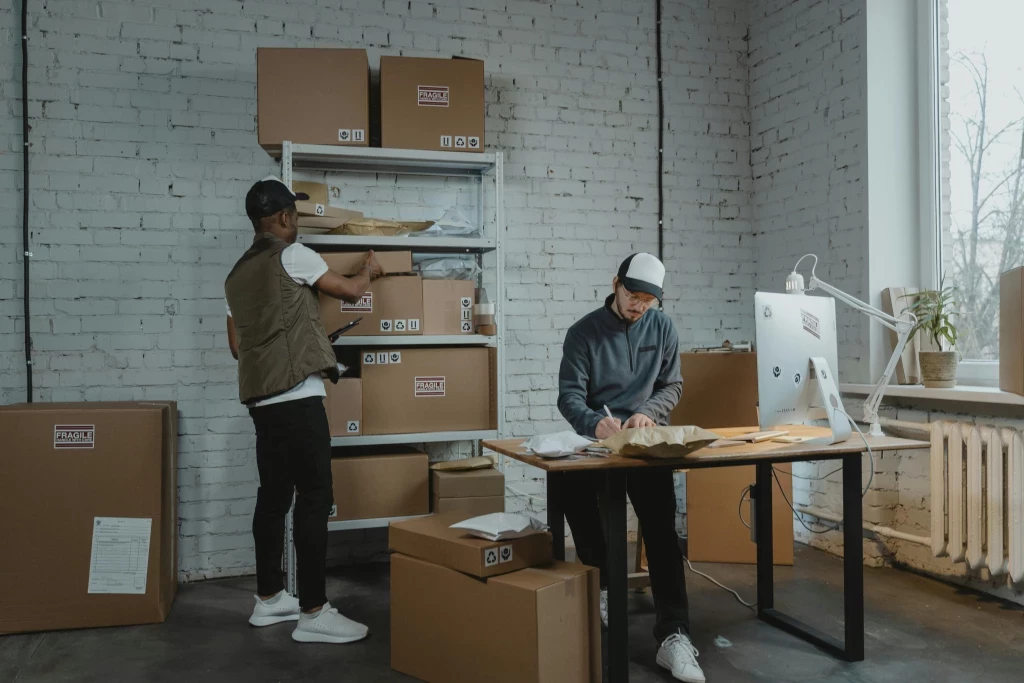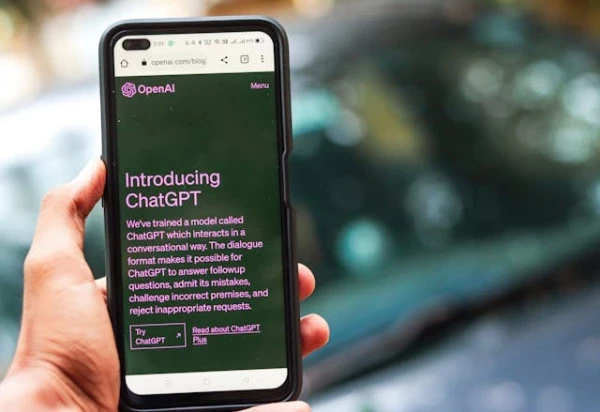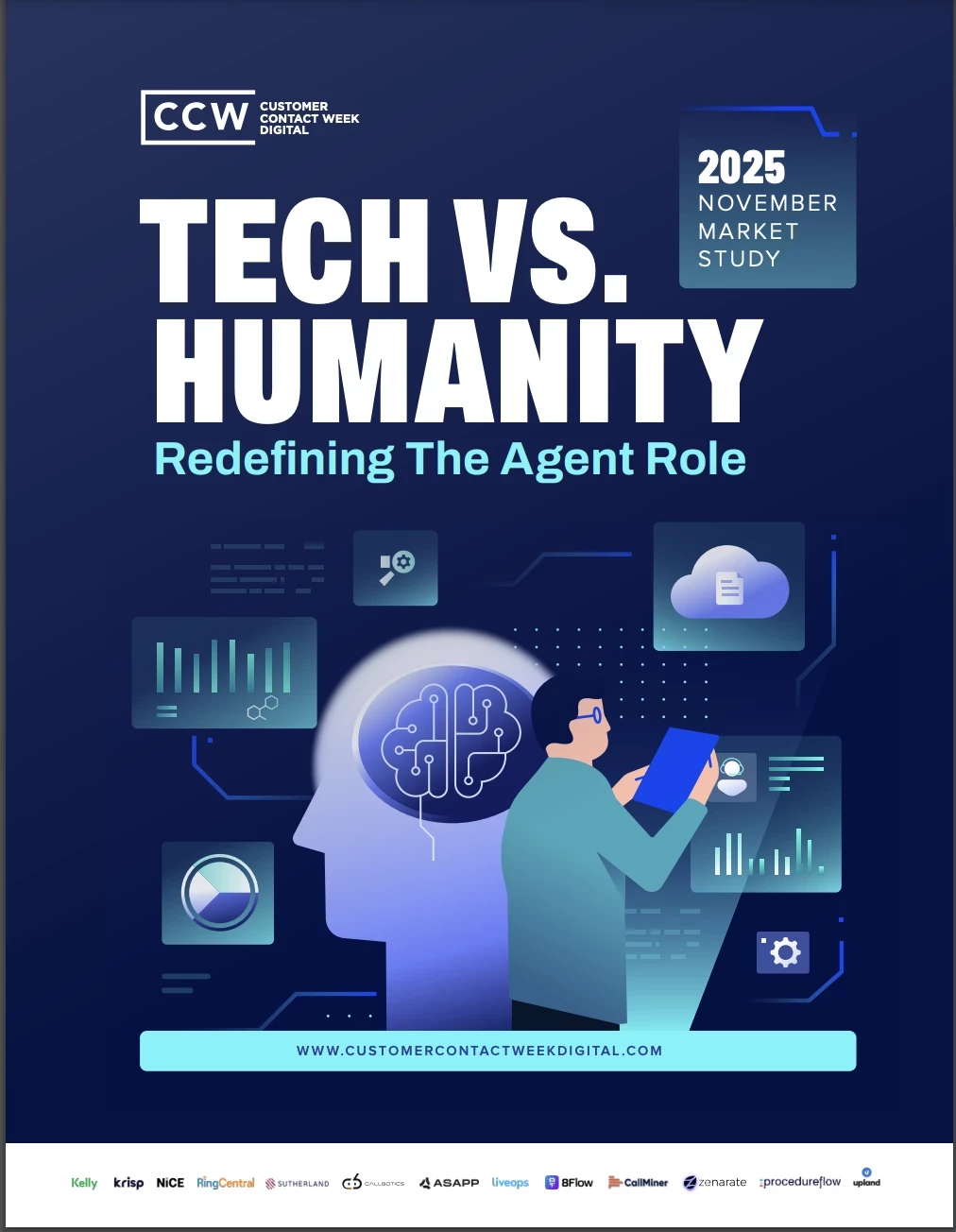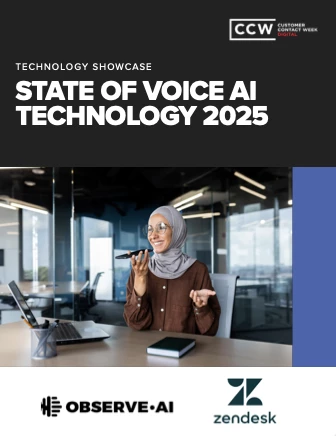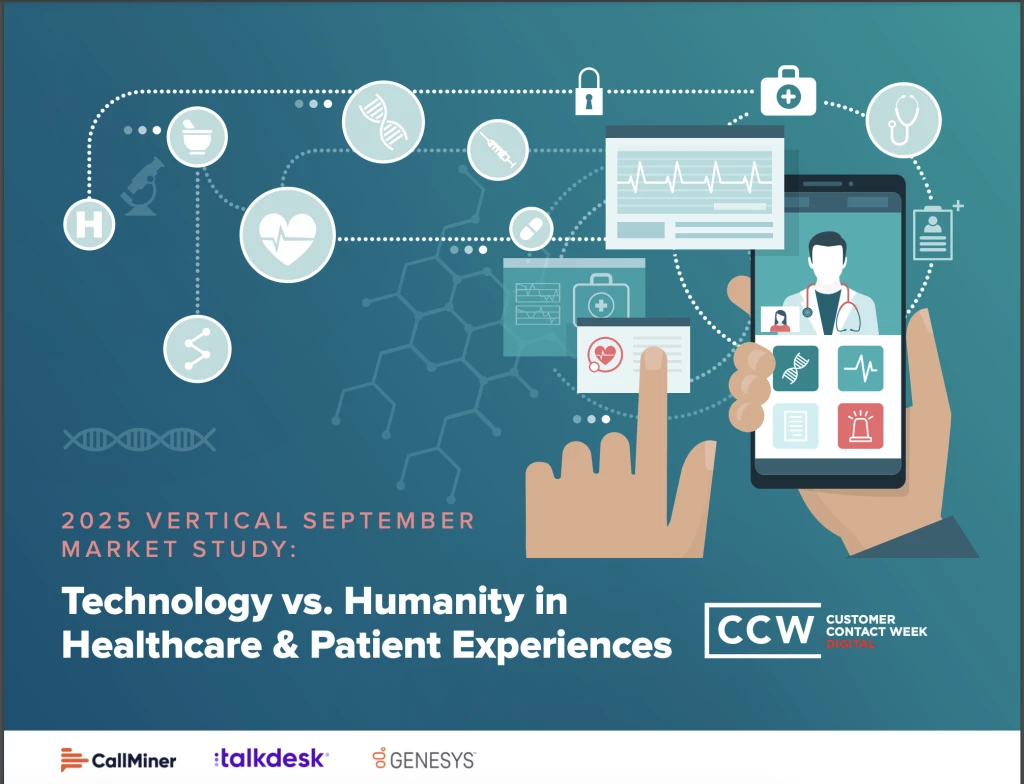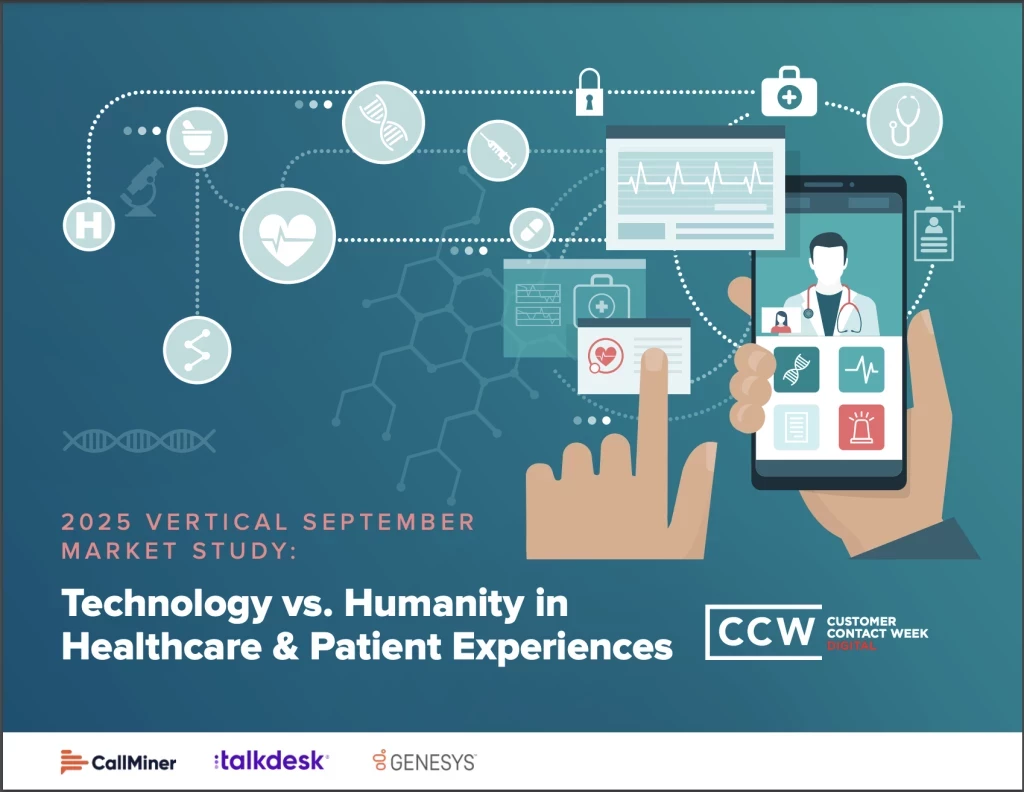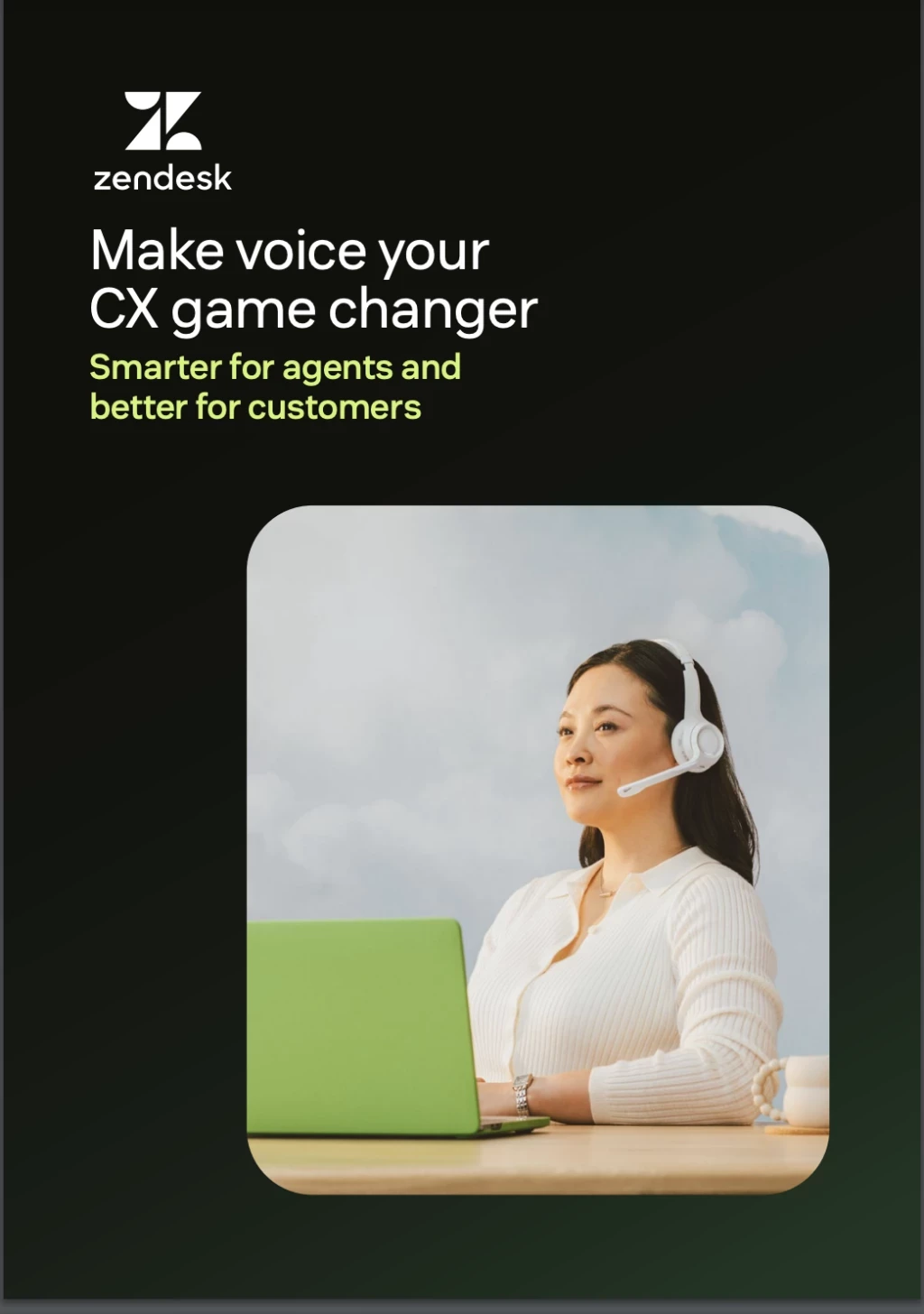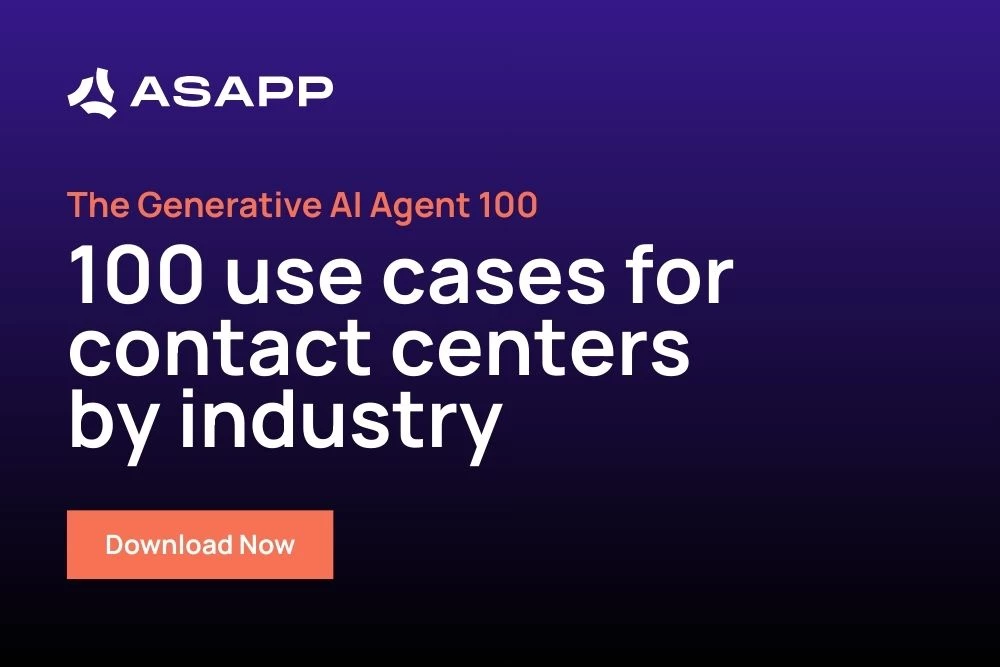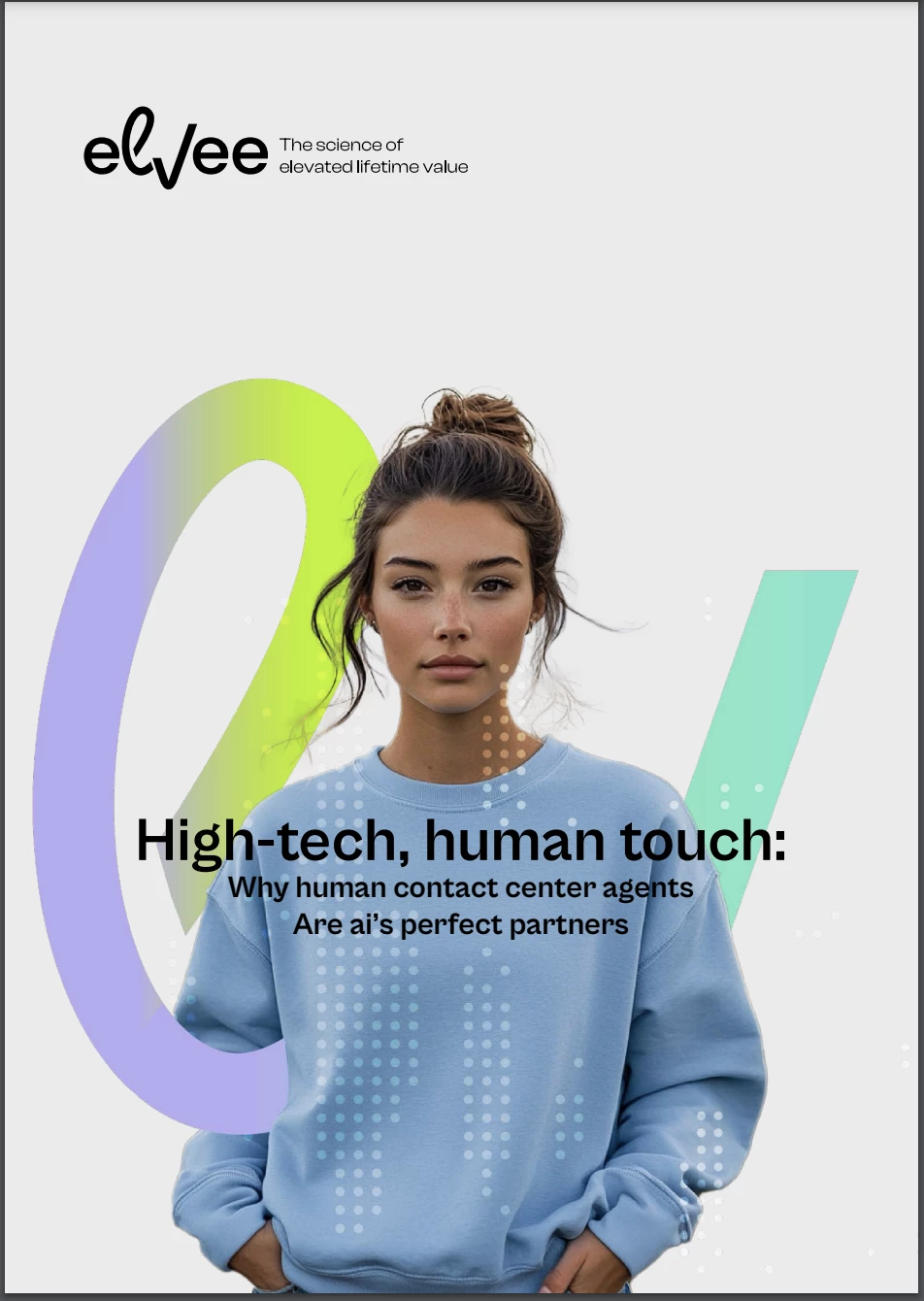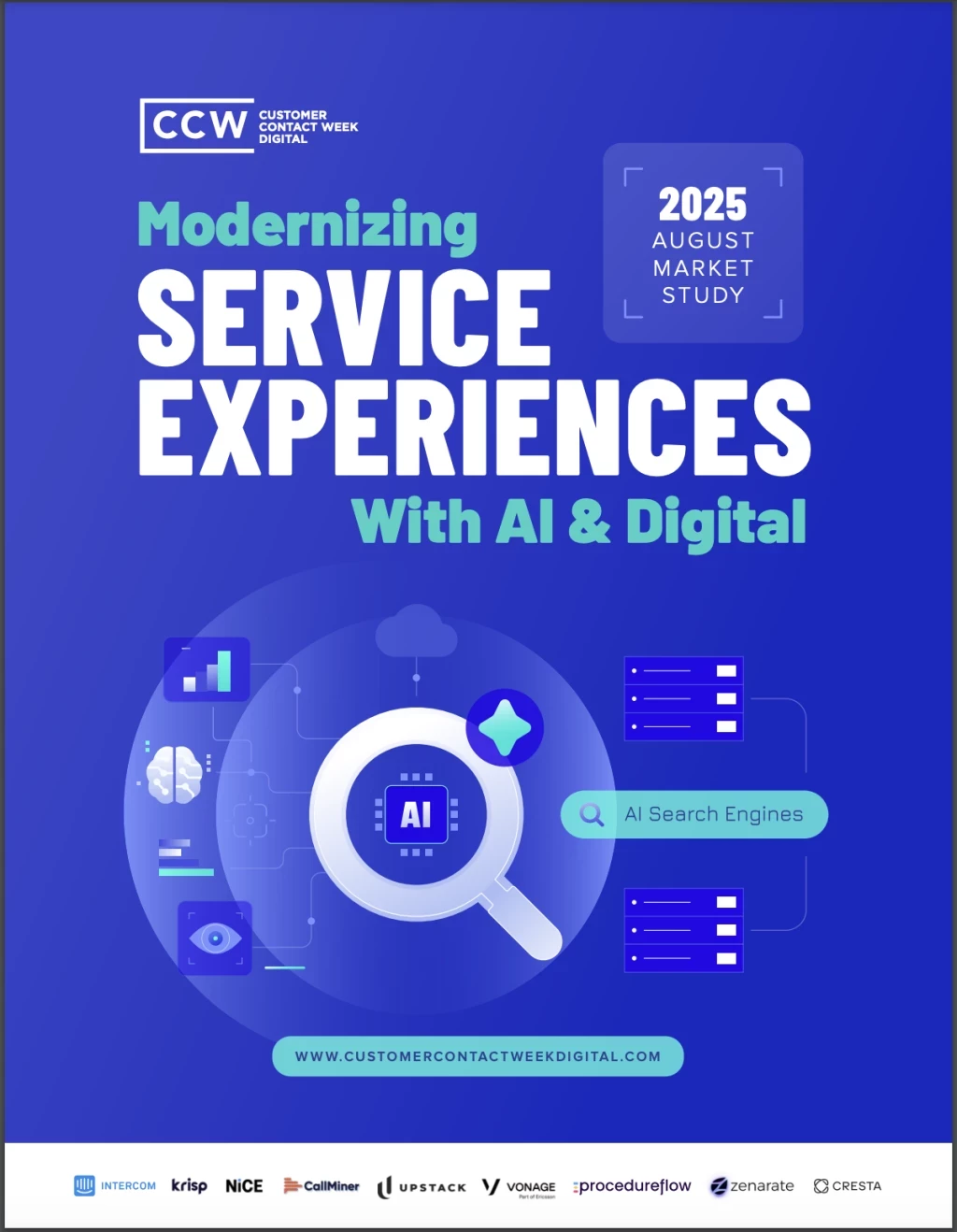Why Nestlé's New AI Assistant May Be The Future of Self Service
Add bookmark
Chatbots have become an essential part of the customer experience. Customers seeking convenient and straightforward interactions are drawn to the simplicity of a chat service; they can now accomplish almost any task without ever having to speak with a real person.
But not everyone is seeking this kind of transactional approach to service; and some customers still expect the level of convenience a chatbot provides, without the loss of a personal human touch. This dichotomy of personal self-service may be the future of AI and chatbots, and it can be seen in a new technology shaped around storytelling and baking with Nestlés new ‘Cookie Coach’.
Here we break down some of the reasons why this new AI tool may offer a glimpse into the future of more personalized self-service mechanisms:
Heightened Brand Voice
The Nestlé Toll House brand is very much rooted in its own personal history; the chocolate chip cookie recipe is 82 years old and it’s notably marked as the most popular cookie today. With this, the brand took the opportunity to honor its story and implement an AI chat service that includes the voice of the company and inventor, Ruth Graves.
The service is centered around its cookie expert character, Ruth -- she walks through the iconic recipe step by step to provide a detailed look at all of the work that goes into the baking process while answering any questions along the way. The character is stationed in a familiar-looking kitchen and offers a personal look at the traditional family activity.
The service is an interesting use of AI and it represents a unique way to incorporate new technology while still maintaining a classic and highly established brand voice. Most people know the Toll House brand; the bright yellow bag of chocolate chips is a staple in most home kitchens and often holds fond memories of fun afternoons baking with family. The brand implemented its new chat service with this in mind, attempting to create a technology that offers the sense of nostalgia and personality aligned with its unique set of baking products.
By offering a chatbot that aligns with customers’ expectations of the brand, they never perceive a difference in quality or service. They can casually switch between channels and receive the same level of service and personal tone in every interaction, making each experience seamless yet comprehensive.
Aligning AI with Intent
Nestlé implemented this new service after analyzing its Consumer Engagement Center calls; it found that 70% of all inbound calls were related to troubleshooting its famous cookie recipe. The brand immediately knew it had an opportunity to utilize tech to provide more extensive support on the topic.
But rather than establishing a traditional chatbot service or upgrading a more comprehensive FAQ page, the brand thought more deeply about its customers’ needs in implementing the cookie coaching service. When customers are calling Nestlé for baking advice, they’re probably midway through the recipe, hands tied and covered in flour. Therefore, calling was the most convenient and obvious action in this scenario. However, the new chat service offers this same level of hands-free support, virtually. By first considering customers’ natural progression using the product, Nestlé was able to create a service that proactively aligns with the customers' journey.
Making Chatbots More Human
While many individuals do enjoy the straightforward approach of a traditional chatbot, this new technology offers some insight into the future of conversational and human-centered AI. We also get a better idea of what industries they may thrive in. Toll House products are built around an experience; it is often a shared moment/activity that involves family and friends. Therefore, it wouldn’t make sense to implement a transactional chatbot, customers are unlikely to make a complete 180-degree change when seeking assistance with their established traditions.
When making a mistake while cooking, people tend to call their mom, or maybe text a friend for advice. They’re more inclined to have a conversation when the question at hand is a bit more complex and requires a certain level of context. This is why the Ruth AI assistant is positioned so well; she replaces the need to actually have to speak to an agent but allows customers who are still seeking an official company response a more comprehensive and human look at the baking process. Lastly, because the recipe is so tried and true, the company now understands so many common mishaps and mistakes, making the chatbot a seamless way to offer streamlined solutions.
Photo by Ketut Subiyanto PEXELS









